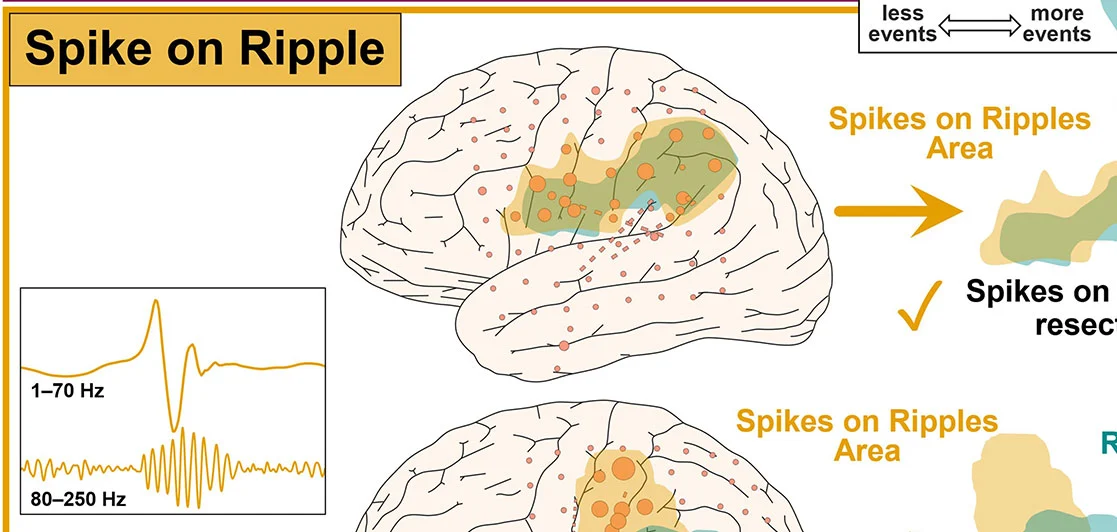Life-Extending Epilepsy Surgery Performed Less Often in Black Children
December 14, 2023
Article published by Stat News
Children with drug-resistant epilepsy who are Black or insured through Medicaid may be less likely than white and privately insured patients to receive surgical treatments that can end or minimize their seizures and extend their lives, according to new research presented at the American Epilepsy Society’s annual meeting in Orlando, FL. The study of 18,000 children who were treated at 49 pediatric hospitals in the United States found that those who had surgery to remove or disconnect the area of the brain where seizures occur were 83% more likely to be alive after 10 years. Children who received vagus nerve stimulation (VNS) were 35% more likely to be alive. But the surgeries were not received equally. While 57.8% of the children in the study were white and 14.6% were Black, 63.6% of those receiving surgery were white and 10.1% were Black. Of those receiving VNS implants, 66.5% were white and 9.6% were Black. Black and publicly insured patients were more likely to be treated only with anti-seizure medication and to have shorter life spans than white children, said Sandi Lam, lead author of the study and Division Chief of Pediatric Neurosurgery at Lurie Children’s Hospital.
Lam said it was well known that racial and ethnic disparities exist in epilepsy care — for example Black and Hispanic patients are also less likely to get newer anti-seizure medications — but said not enough was being done to get better care to all patients; she hoped the new findings would help prompt more people who provide epilepsy care to push for solutions.








